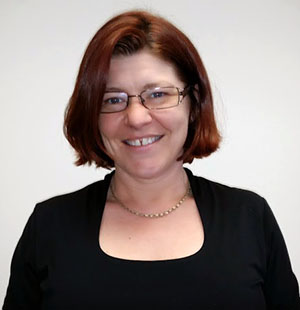 This week, DBHDD welcomes Candice M. Tate, Ph.D., as director of the Office of Deaf Services. Dr. Tate is a deaf psychologist fluent in American Sign Language (ASL). She brings over 15 years of experience in therapeutic and assessment services to both deaf and hearing populations. Her work on “Trauma in the Deaf Population: Definition, Experience, and Services” was published by the National Association of State Mental Health Program Directors and has been used as a resource by DBHDD’s Office of Deaf Services.
This week, DBHDD welcomes Candice M. Tate, Ph.D., as director of the Office of Deaf Services. Dr. Tate is a deaf psychologist fluent in American Sign Language (ASL). She brings over 15 years of experience in therapeutic and assessment services to both deaf and hearing populations. Her work on “Trauma in the Deaf Population: Definition, Experience, and Services” was published by the National Association of State Mental Health Program Directors and has been used as a resource by DBHDD’s Office of Deaf Services.
The hiring of Tate reinforces the DBHDD’s commitment to ensuring that individuals who are deaf or hard of hearing have service accessibility equivalent to that of the hearing population. Tate’s background gives her a comprehensive outlook on culturally appropriate solutions to workforce and system needs across the state. Her informed perspective will help to refine the department’s service delivery model as DBHDD works with providers to employ a workforce that, wherever possible, specifically includes ASL-fluent staff.
Tate holds a Bachelor of Science in psychology from Western Michigan University and a doctorate in clinical psychology from Gallaudet University (2005). Over the past eight years, she has pursued her commitment of increasing consumer access to public mental health systems via training, consumer input, policy implementation and program evaluation. In 2008, she started Purple Monarch PLLC, which offers a full range of psychological services from therapy to assessment.
Tate’s own hearing loss was discovered when she was two and a half years old. She was placed in a mainstream school and did not learn ASL until she entered the clinical psychology program at Gallaudet. She developed a passion for helping people with access issues when she worked at a group home for individuals with developmental disabilities during her last two years of undergraduate studies. The experience inspired her to pursue a career in mental health focusing on linguistic and cultural accessibility.
Tate was raised in Montana but has worked across the United States with varied populations in a wide range of settings, including Rochester, NY; Washington, DC; Denver, CO; and rural Montana. Her exposure to different communities gives her a strong cross-cultural perspective. “I am committed to working within Georgia’s diverse deaf and hard of hearing communities to develop and expand an array of culturally and linguistically accessible services and technologies necessary to achieve overall health and well-being,” Tate said. She emphasizes the need for consumer input, “we will be listening directly to the communities and will develop these services based on their self-identified and assessed needs for services.”
Not unfamiliar with Georgia, Tate previously lived in Augusta for one year. She looks forward to being back in Georgia and is excited to join the DBHDD team. Her work will center on the implementation of meaningful system changes to deaf services at the state, regional and local level. “I feel honored to be a part of this change, and I believe that DBHDD has assembled a strong and qualified team that will successfully work together to achieve our vision and goals,” she said.
DBHDD is pleased to welcome Tate. Under her direction, Georgia will be well-positioned to become a leader in providing better access to behavioral health and developmental disability services for everyone the department serves.





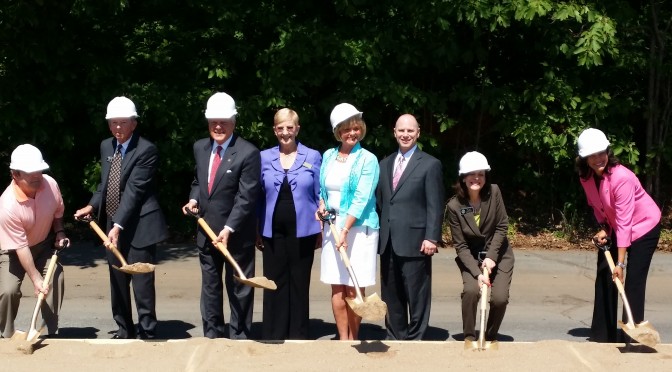
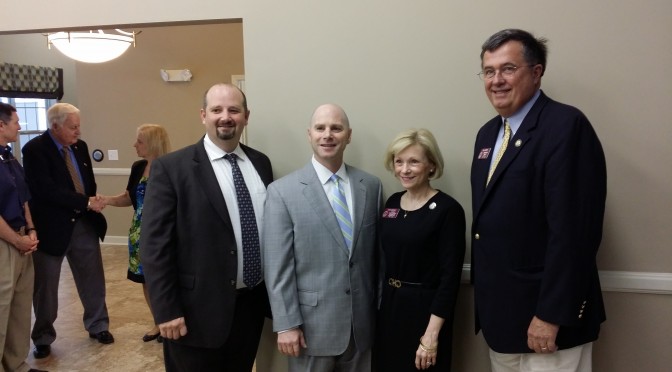
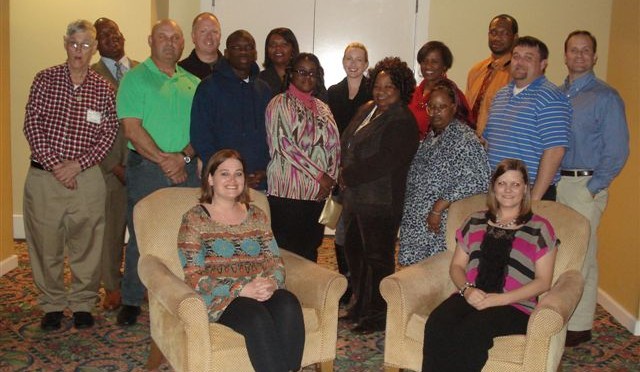
 This week, DBHDD welcomes Candice M. Tate, Ph.D., as director of the Office of Deaf Services. Dr. Tate is a deaf psychologist fluent in American Sign Language (ASL). She brings over 15 years of experience in therapeutic and assessment services to both deaf and hearing populations. Her work on
This week, DBHDD welcomes Candice M. Tate, Ph.D., as director of the Office of Deaf Services. Dr. Tate is a deaf psychologist fluent in American Sign Language (ASL). She brings over 15 years of experience in therapeutic and assessment services to both deaf and hearing populations. Her work on 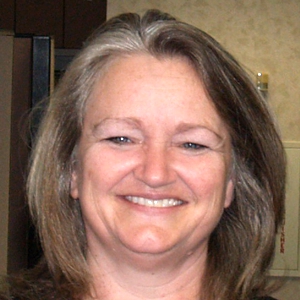 DBHDD’s
DBHDD’s